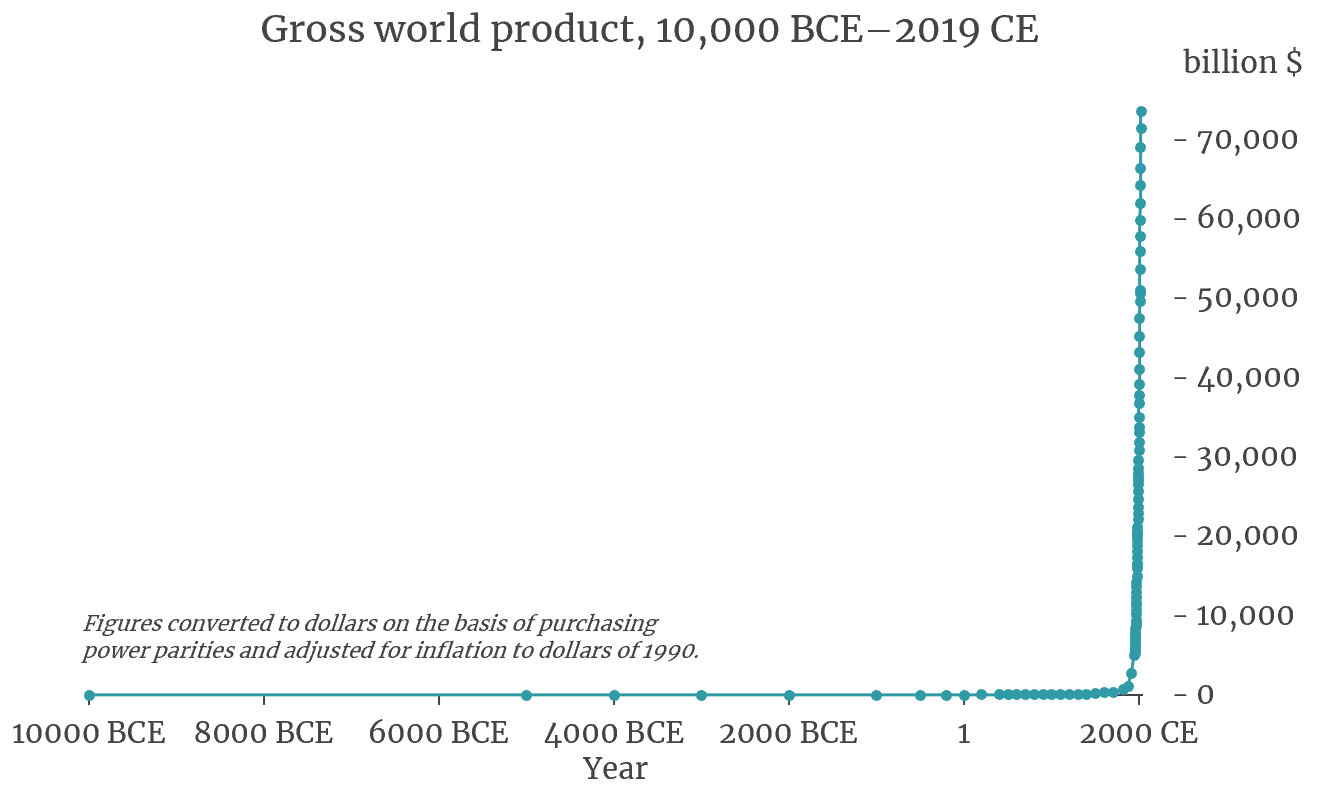The Accountant
Active Member
Maybe getting too technical for this thread but I just want to try and clarify this point.Why would you accept as low as 10% discount rate, when stocks have returned an average of 6.5 percent to 7 percent per year after inflation over the last 200 years. 10% is barely that.
The discount rate used for NPV should be Tesla's Weighted Average Cost of Capital (WACC).
I use 11% in my calculation but I did a quick search just now and I see that Morgan Stanley uses 9% for Tesla while Piper Sandler uses 13%
BTW:
The discount rate used has a huge impact on the NPV.
The lower the discount rate the higher the share price. Changing my NPV calculation from 11% to 9% increases my share price by $500 per share (from $1,865 to $2,385). Increasing the rate to 13% reduces my price down by $385 (to $1,480)



